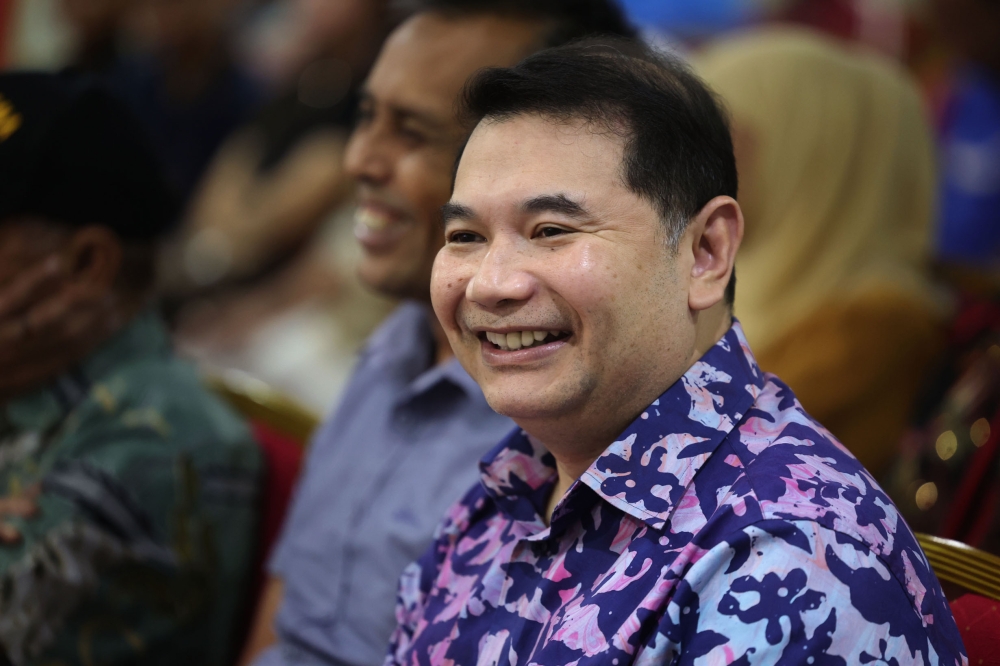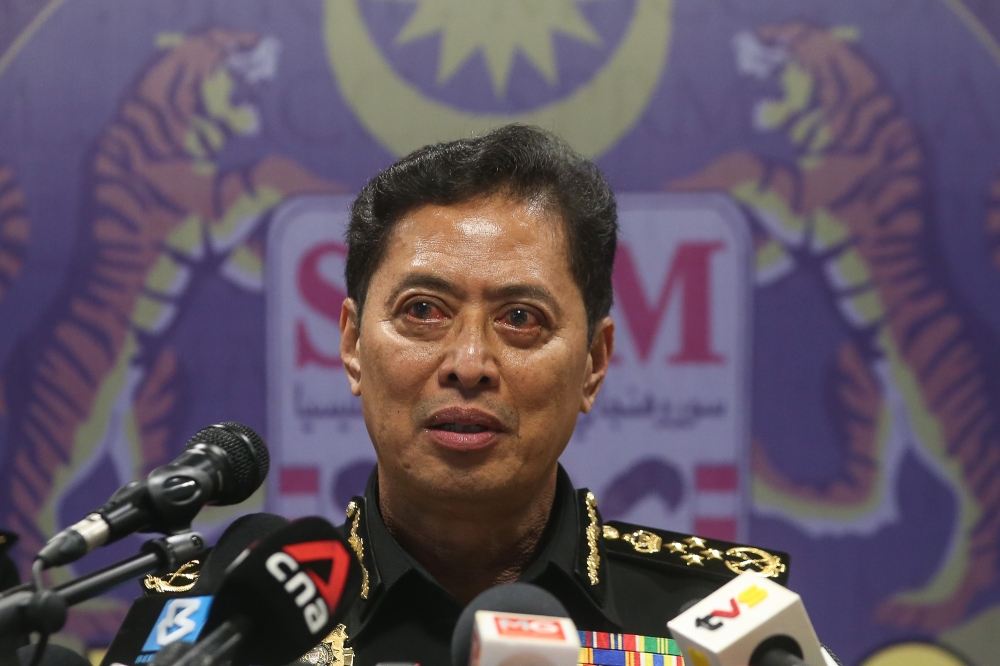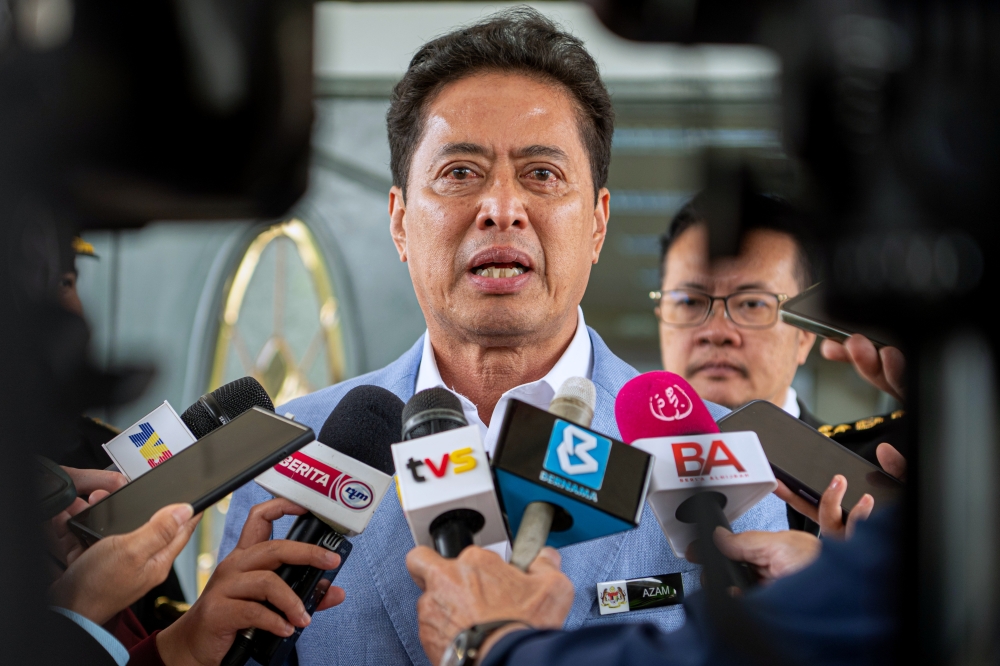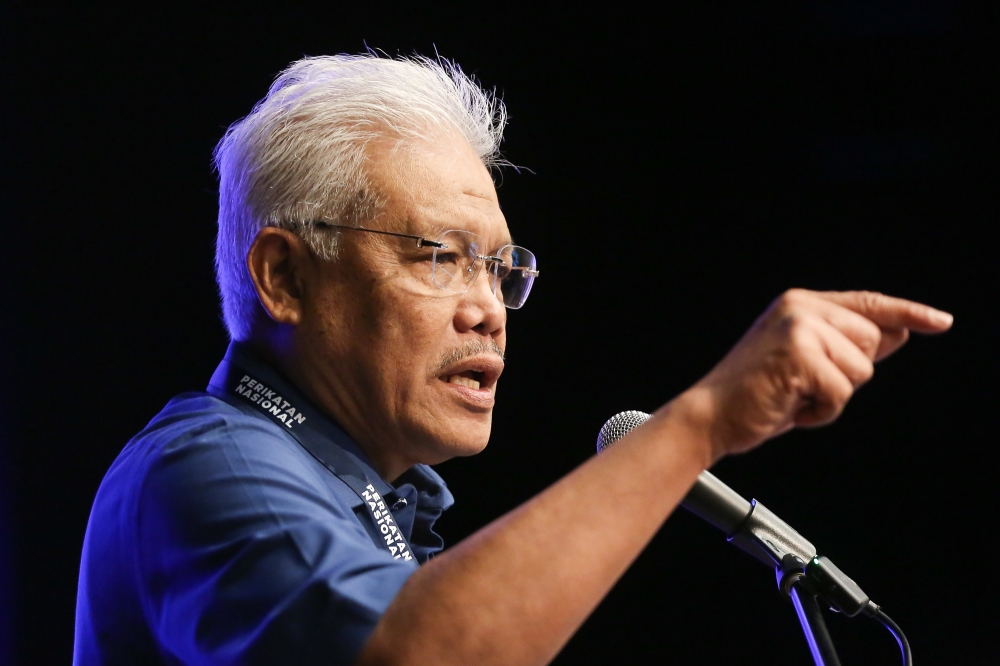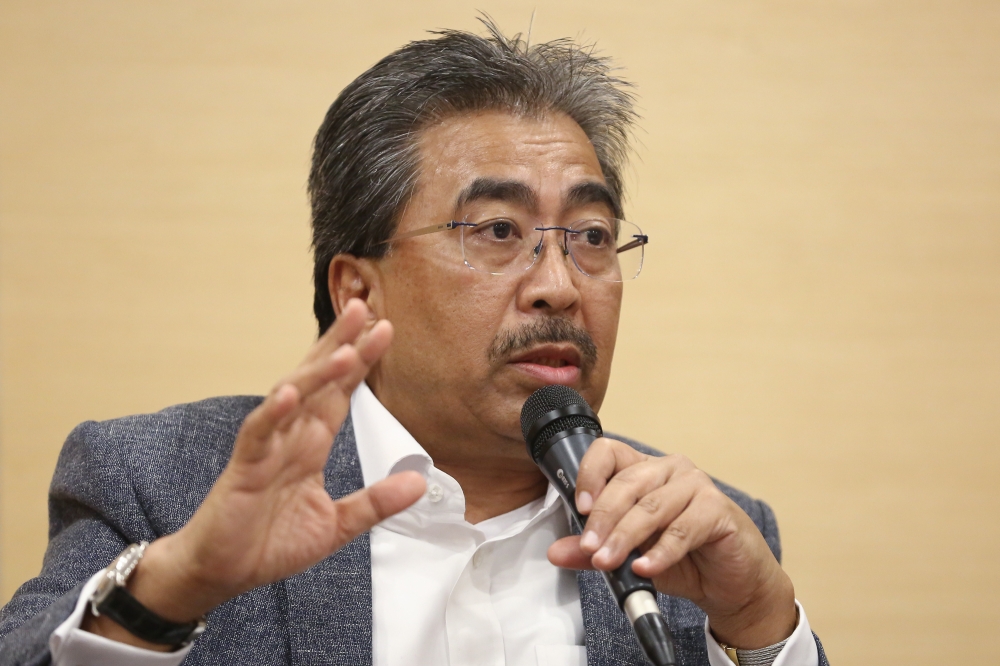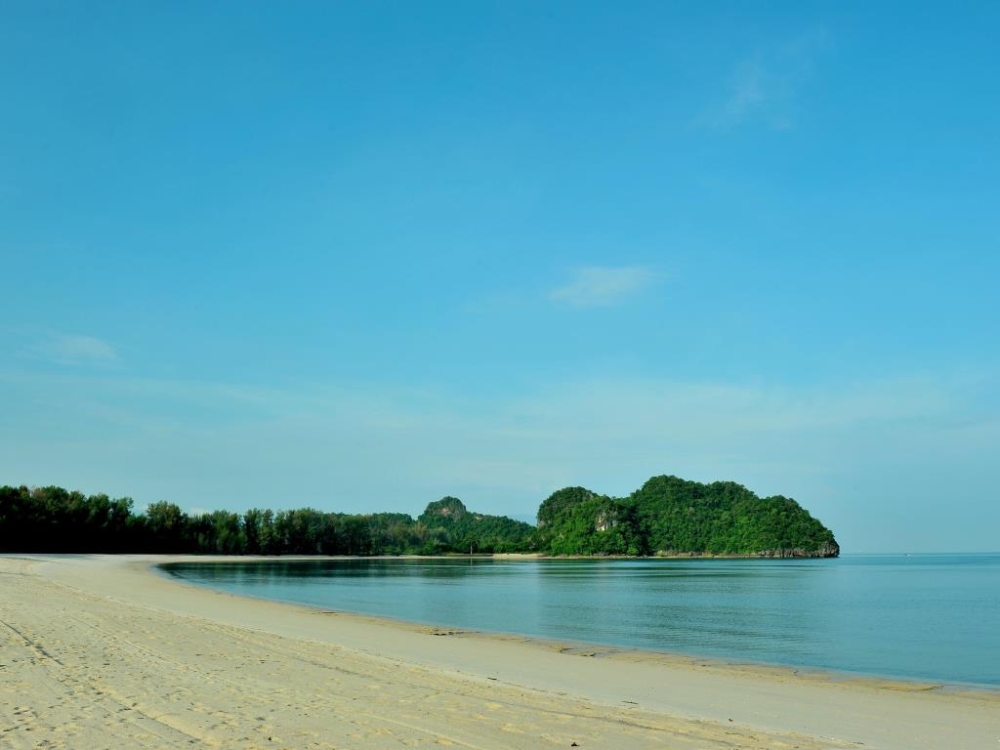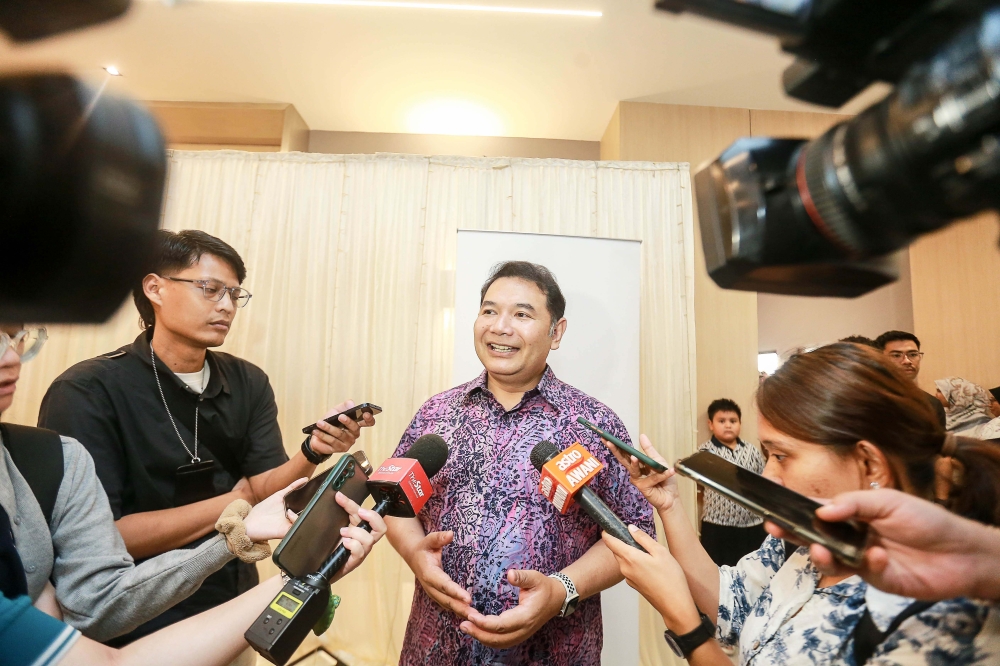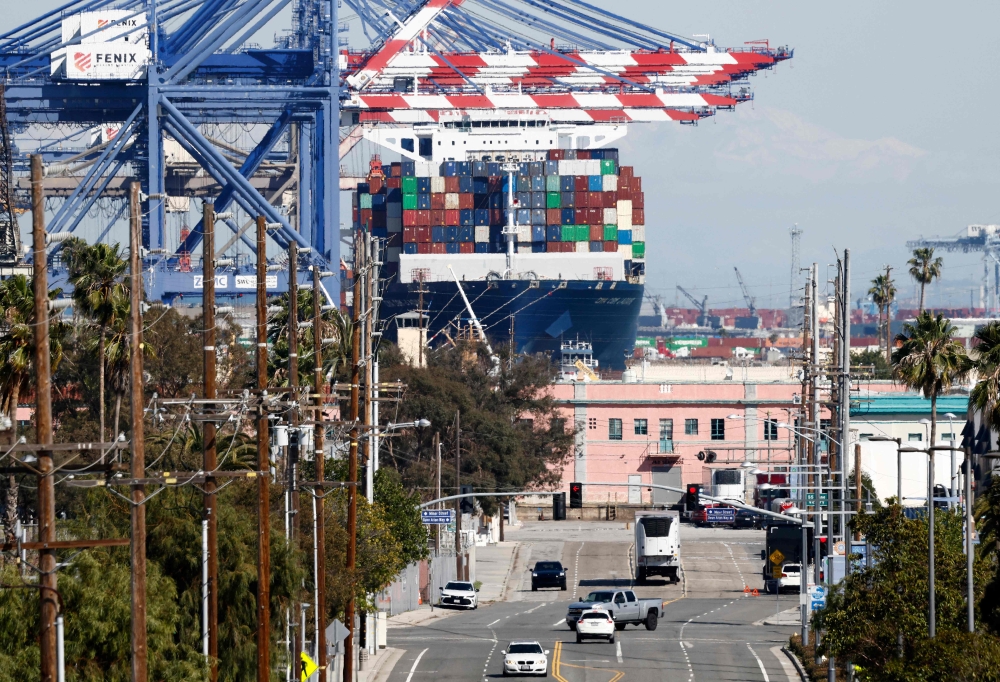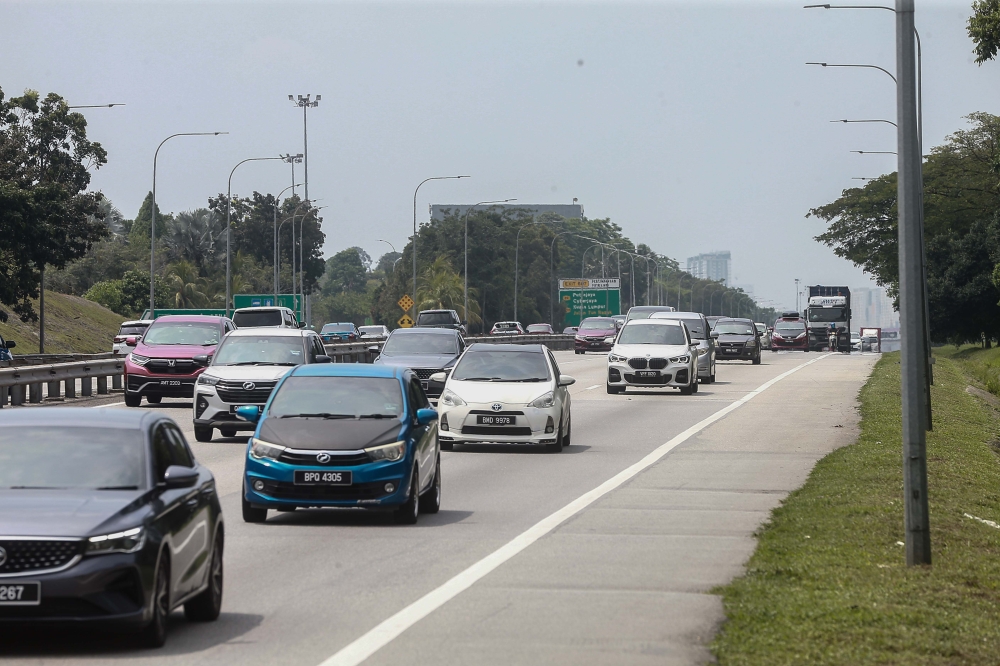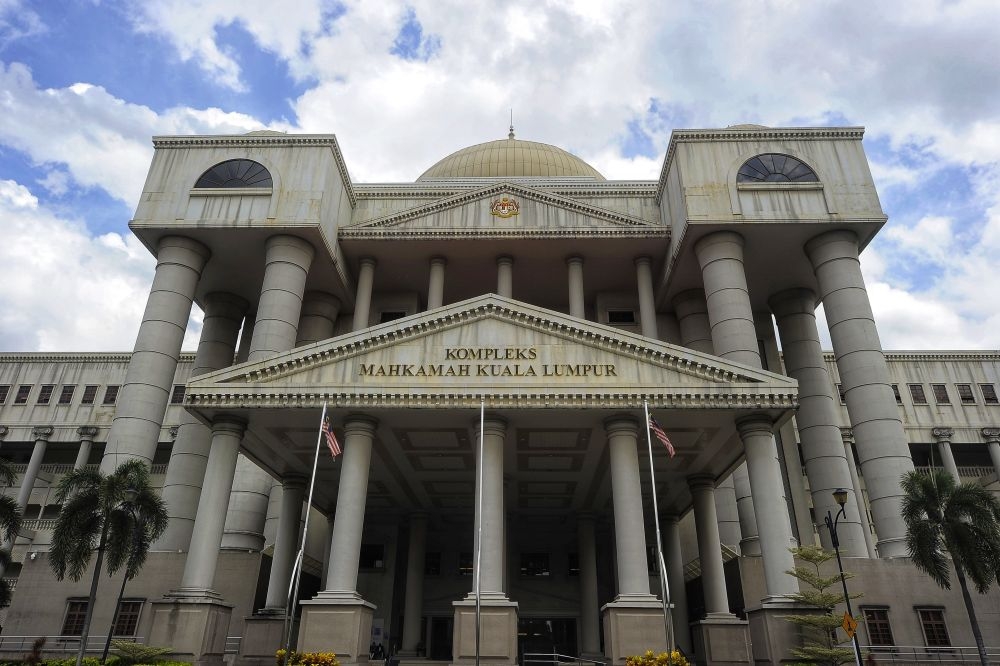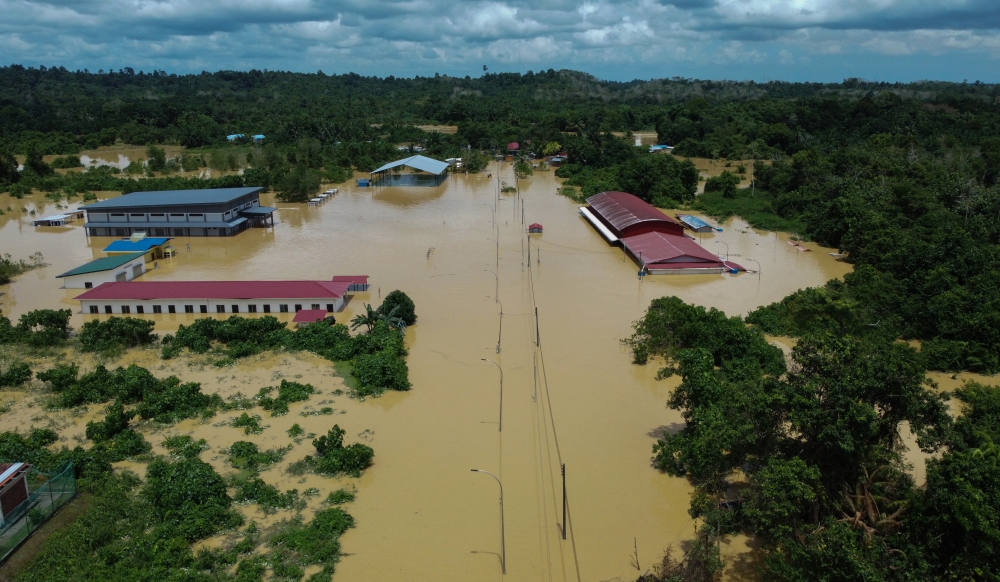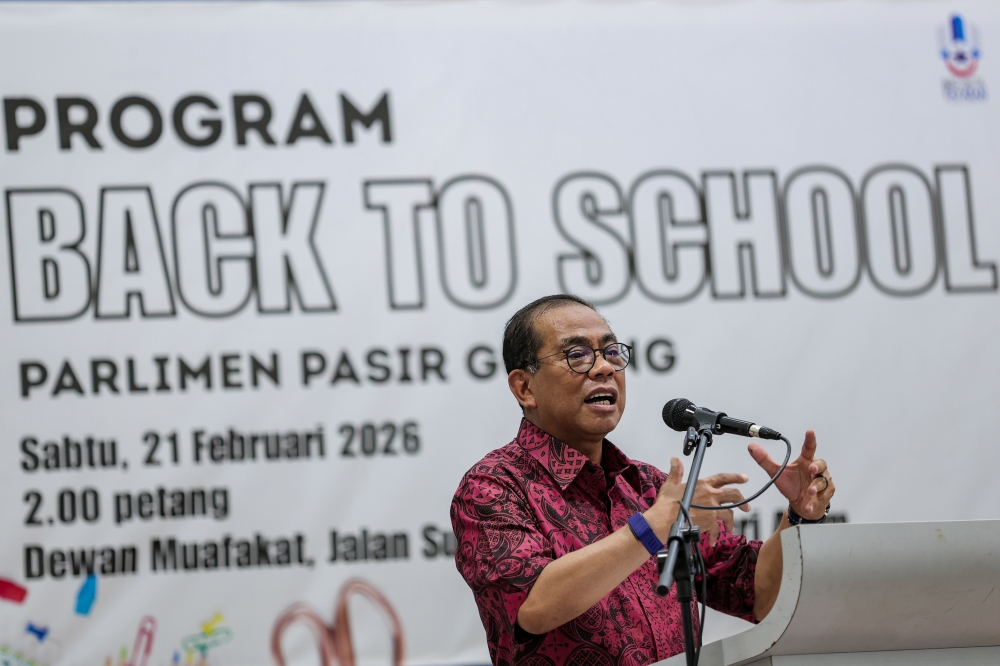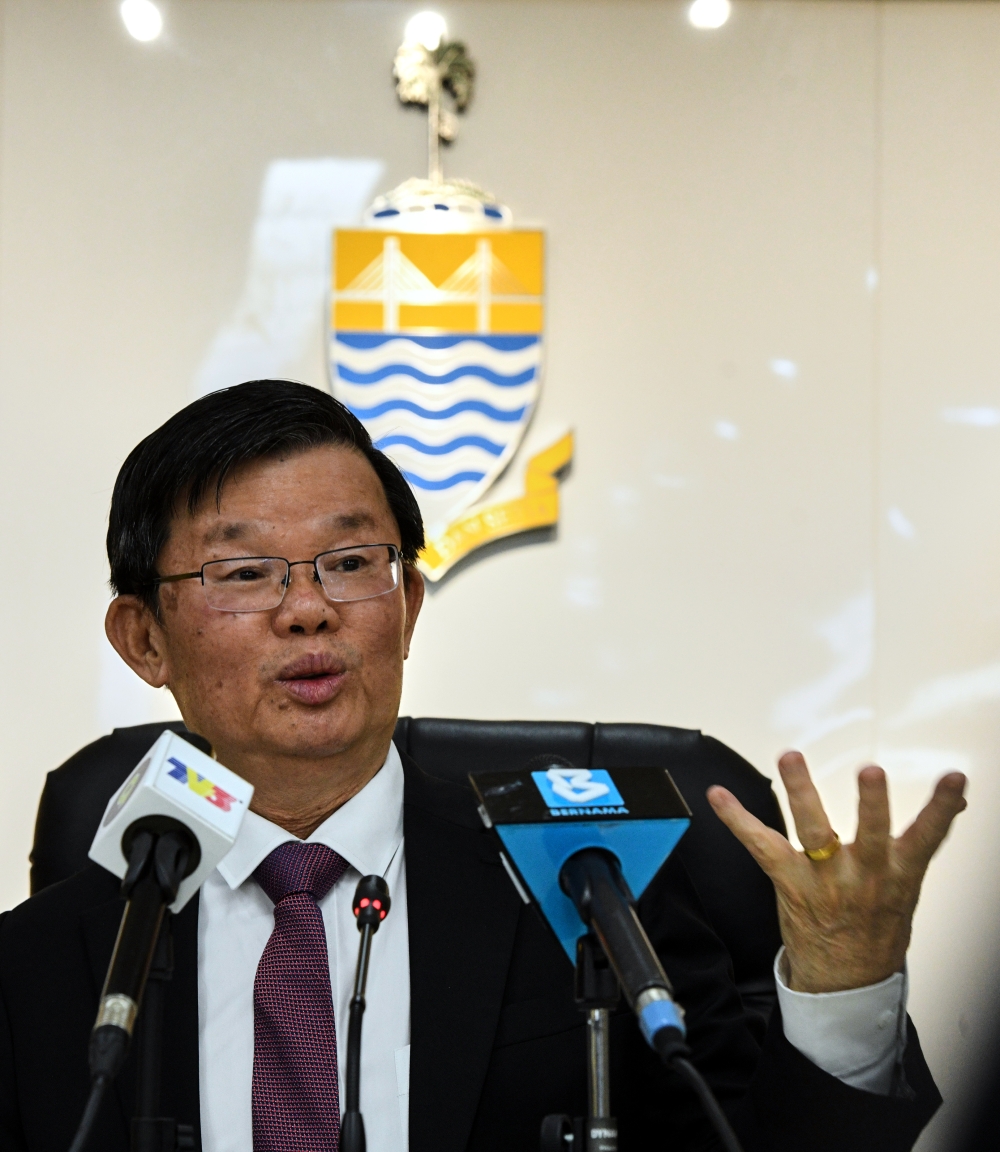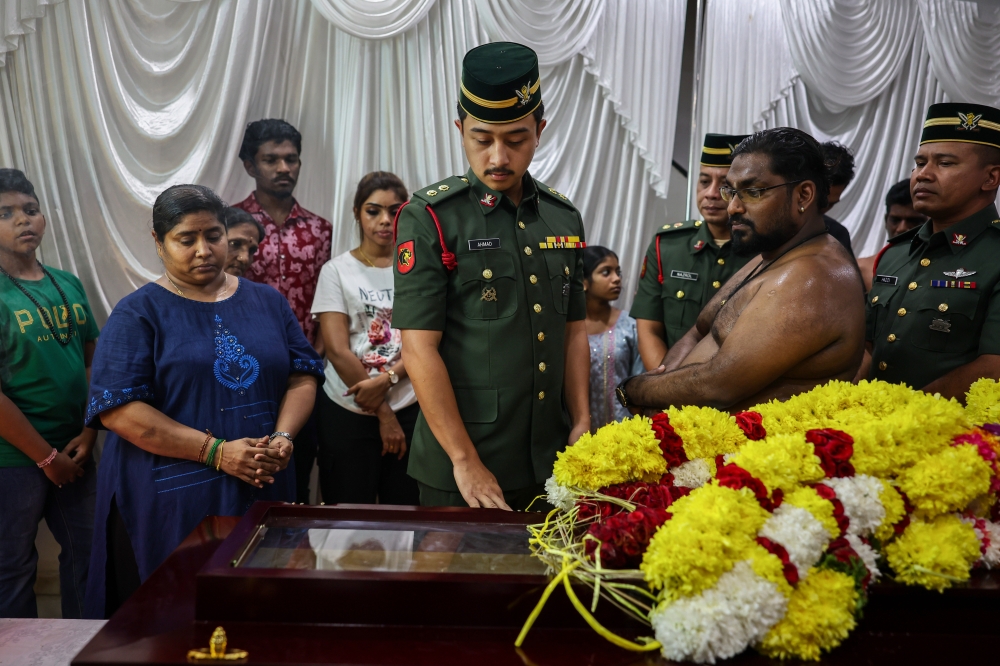KOTA KINABALU, Dec 20 — Sabah churches have railed against a statement by Education Minister Datuk Maszlee Malik and have demanded that he explain what he means by making Sabah and Sarawak a “medan dakwah” or an arena for evangelism for religious teachers.
Datuk Jerry Dusing, Community Empowerment Initiative (CEI) Sabah chairman and President of Sidang Injil Borneo (SIB) Sabah, said many Sabahans, especially in the non-Muslim community, were shocked and worried at how insensitive Maszlee was to the religious equilibrium in east Malaysia.
“What does he mean by making Sabah and Sarawak battlegrounds for Islamic evangelism? Is he promoting Islamic evangelism to non-Muslim school children who are below the age of maturity?” asked Dusing, adding that he hoped other MPs had raised questions to it.
On December 11, Maszlee, when replying to a question in Parliament, urged religious teachers from Kelantan, Terengganu and Kedah serving in Sarawak not to seek for transfer to peninsular Malaysia, and to consider Sarawak as “medan dakwah” for them to propagate the Islamic faith.
Maszlee today defended his remark, claiming in a Malaysiakini report that it was misinterpreted.
He said he was using the Arabic term “dakwah” in the universal context of inviting people to do good deeds rather than a so-called narrow interpretation of proselytisation.
Dusing, however, said that there has always been anecdotal incidences of subtle and non-subtle religious persuasion and propagation, either by teaching non-Muslim minors prayers or forcing them to wear the tudung, and even converting them to Islam without their parent’s knowledge.
“When we raised these issues with the previous government, they simply denied this. Now what is the current government’s stand on this?” he said in a statement here today.
Dusing said that although teachers from West Malaysia were appreciated and welcome in Sabah and Sarawak, Muslim religious school teachers are supposed to provide Islamic education to Muslim students only and not supposed to evangelise and convert other minors.
“More importantly, we do not want an influx of religious teachers with extreme religious philosophy which is offensive to us in Sabah. A federal education minister encouraging advocacy of Islamic evangelism by teachers who are civil servants is totally unacceptable. It is plain to see why Mazslee’s statement has been widely condemned,” he said.
In Sabah, the policy and practice of the Education Ministry is to allocate one Muslim religious teacher for every five Muslim students in both government and mission schools.
“We have never made any objection to this policy. If there is a shortage of teachers in Sabah, then yes, the government may source from Sarawak or Malaya. However, what about the need of non-Muslim students?
“While Muslim students are required to take religious instructions at public schools, non-Muslim students have been denied the option for non-Muslim faith classes to be held during school hours,” he said.
“Further to that, in Sabah there is a requirement for non-Muslim students to study a third language, either Mandarin or Kadazan. However, as there is a lack of Mandarin and Kadazan language teachers in the interior parts of Sabah, our students have been made to learn the Arabic language.
“We wonder why there is a third language requirement when our students are struggling with English. The three periods allocated for third language study could be better used to improve the teaching of English, Maths and Science which we are far left behind in the international PISA rankings,” he said, referring to the Programme for International Student Assessment.
Dusing said it was high time that Sabah’s rights over education under the Malaysia Agreement 1963 (MA63) be returned.
“We do not need to fully depend on policies from the Federal Government and we certainly do not want policies which are inconsistent with MA63, our culture and which are leading us towards a narrow mindset,” he said.
He said that critical thinking needed to be encouraged in children, and the use of English and native languages should be brought back.
If the state faces a shortage of english, native languages, Mandarin, science and maths teachers, then focus should be on how to train more teachers to cater for this need.
“We have high hopes that our Sabah Ministry of Education will take a bold stand to chart our State’s education future by customising our education policies and practices according to our values and needs, and to prepare our children to be globally competitive.
“Sabahans have our own traditions and we take pride in our culture of respect and honour of each other’s religious beliefs. This we should preserve and should be reflected in clear non-discriminatory policies and practices. My hope is that our Ministry of Education will strive to impart fair and just policies for the sake of our next generation,” he said.
The Sabah Council of Churches (SCC) also issued a statement saying that Maszlee’s remark suggest that the Education Ministry was prepared to deploy teachers paid with public funds to carry out Islamisation in non-religious schools in Sabah and Sarawak.
They said such a remark was totally unacceptable and contravenes the social fabric of East Malaysian states.
“While there are more pressing issues challenging the standard and quality of our future generations, particularly in Sabah and Sarawak, we find it most appalling to hear that the government has totally misused the precious resources of the rakyat’s money and manpower to spread Islam in public schools, thus making them ‘medan dakwah’,” said SCC chairman Bishop Melter Jiki Tais in a statement yesterday.
Tais said while the government has every right to set up religious schools, as provided under Article 12 of the Federal Constitution, it is quite another matter to utilise teachers to propagate Islam in non-religious public schools.
“The Federal Constitution was drafted with the recognition of the unique position of Sabah and Sarawak recognised under Article 161e which gives the States power to determine issues relating to religion and immigration.
“We urge the federal government to stop this act of eroding the rights and position of Sabah and Sarawak, and to cease from violating the Constitution immediately,” he said.
The Association of Churches in Sarawak had earlier also voiced its displeasure with Maszlee’s statement.


